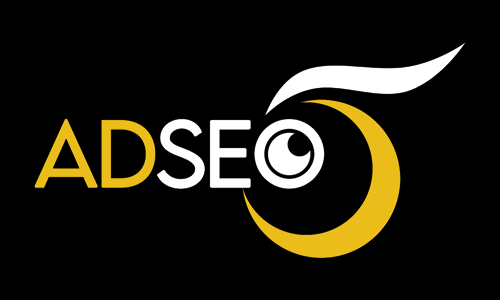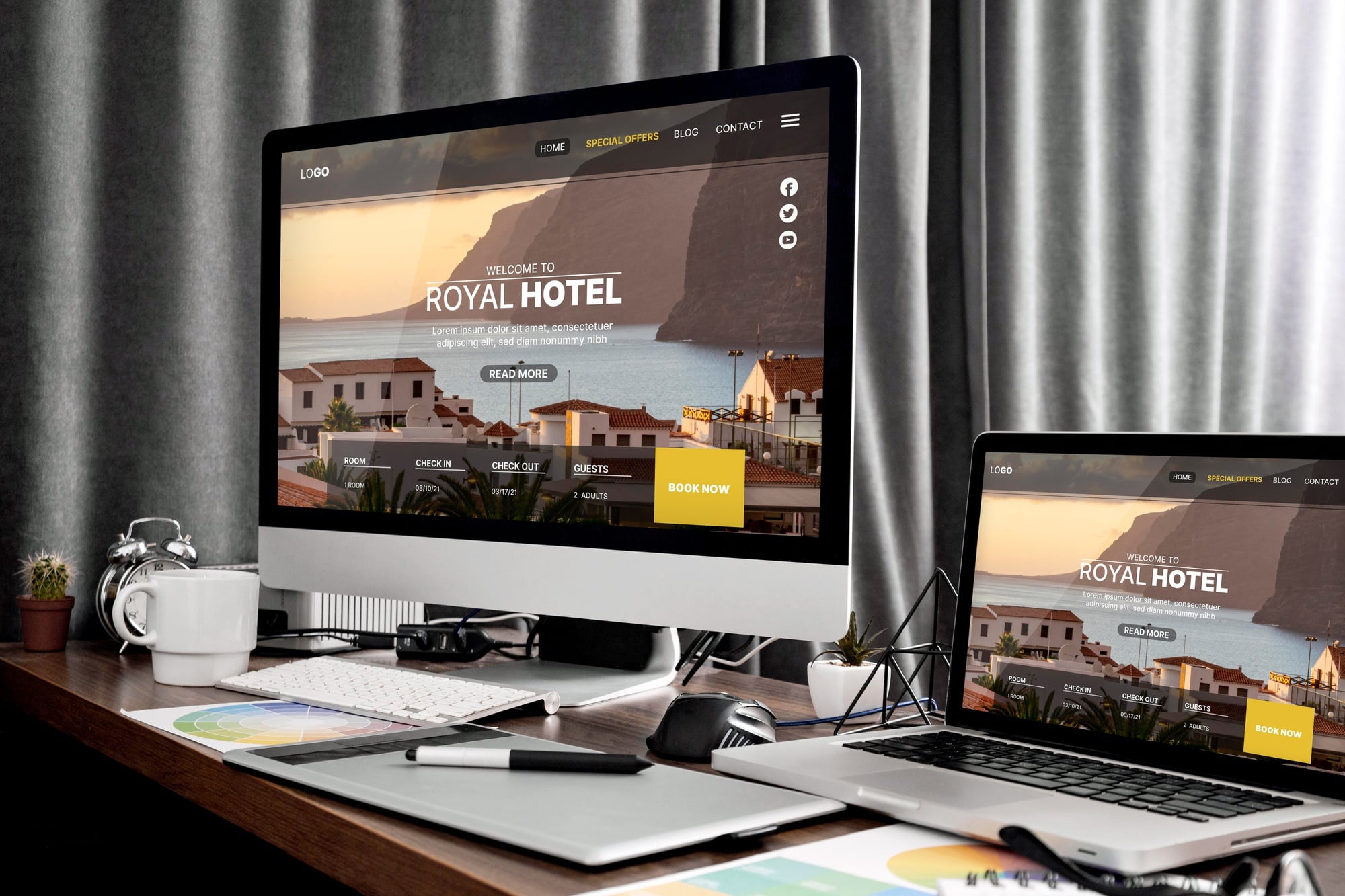What are the effects of social media in increasing visits?
Social media can have several effects in increasing website visits:
1. **Increased Visibility**: By maintaining an active presence on social media platforms and regularly sharing content, you can increase your brand’s visibility. When users come across your content on social media feeds, they may be inclined to visit your website to learn more about your products, services, or content.
2. **Engagement and Interaction**: Social media provides a platform for engaging with your audience directly. By responding to comments, messages, and mentions, you can build relationships with your followers and encourage them to visit your website for more information or to engage further with your brand.
3. **Content Promotion**: Social media is an effective channel for promoting your website content, such as blog posts, articles, videos, and products. By sharing links to your website content on social media platforms, you can drive traffic directly to your site and increase visits.
4. **Social Sharing**: When users find valuable or interesting content on your website, they may share it with their own social networks. This social sharing can amplify the reach of your content and drive additional traffic to your website as more people discover and click on the shared links.
5. **Paid Advertising**: Social media platforms offer robust advertising options that allow you to target specific audiences based on demographics, interests, behaviors, and more. By investing in social media advertising, you can reach new audiences and drive targeted traffic to your website, increasing visits.
6. **Influencer Marketing**: Partnering with influencers or industry experts who have a significant following on social media can help you reach a larger audience and increase website visits. When influencers endorse or promote your products or services to their followers, it can drive traffic to your website as their followers seek more information or engage with your brand.
Please click to see website design examples.
7. **User-Generated Content (UGC)**: Encouraging your audience to create and share content related to your brand or products can also increase website visits. User-generated content serves as social proof and can inspire others to visit your website to learn more or engage with your brand.
Overall, leveraging social media effectively as part of your digital marketing strategy can help increase website visits by expanding your brand’s visibility, driving engagement, promoting your content, leveraging paid advertising, partnering with influencers, and encouraging user-generated content.

What are the effects of social media on SEO?
The effects of social media on SEO (Search Engine Optimization) are primarily indirect, but they can still impact your website’s visibility and performance in search engine results pages (SERPs). Here’s how social media can influence SEO:
1. **Increased Website Traffic**: Sharing your website content on social media platforms can drive referral traffic to your site. When users click on links shared on social media and visit your website, it increases overall traffic, which can indirectly signal to search engines that your site is valuable and relevant to users.
2. **Social Signals**: While the direct impact of social signals (such as likes, shares, and comments) on search rankings is still debated among SEO experts, there is evidence to suggest that they can indirectly influence SEO. Content that receives significant engagement on social media may attract more backlinks from other websites, which are a key ranking factor in SEO.
3. **Brand Visibility and Awareness**: Active presence on social media helps increase brand visibility and awareness. When users encounter your brand on social media platforms, they may subsequently search for your brand or related keywords on search engines. Consistent branding across social media channels can help reinforce your brand’s authority and relevance in search results.
4. **Local SEO**: Social media profiles, particularly on platforms like Facebook and Yelp, can contribute to local SEO efforts. Optimizing your social media profiles with accurate business information (such as name, address, phone number) can improve your local search visibility, especially for businesses targeting local audiences.
5. **Content Discovery and Indexation**: Social media platforms act as content discovery channels, where users come across and engage with content. When users share and engage with your content on social media, it increases the likelihood of search engines discovering and indexing your content. This can lead to improved visibility in search results, particularly for timely or trending topics.
6. **Branded Search Queries**: Active engagement and visibility on social media can influence branded search queries. When users see your brand mentioned or recommended on social media, they may be more likely to search for your brand or related keywords on search engines. This can lead to increased branded search volume, which can positively impact your site’s organic search performance.
While social media may not directly affect search engine rankings, it plays a crucial role in enhancing overall online visibility, brand authority, and user engagement—all of which are important factors in SEO. Integrating social media strategies with your SEO efforts can help amplify your online presence and drive long-term success in digital marketing.
To read What exactly is digital marketing? Click on the link.








